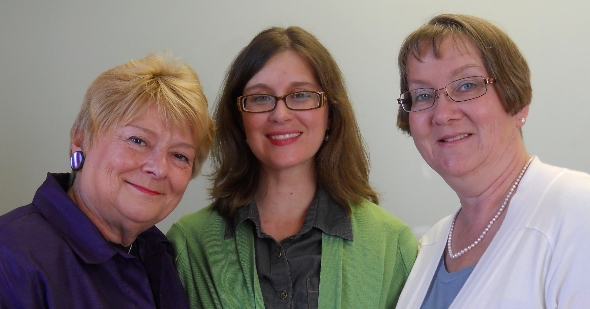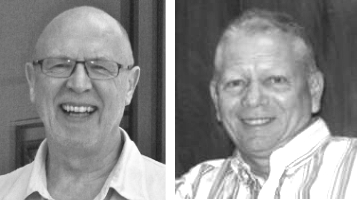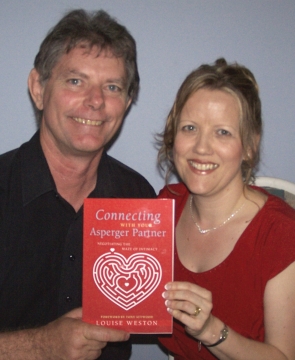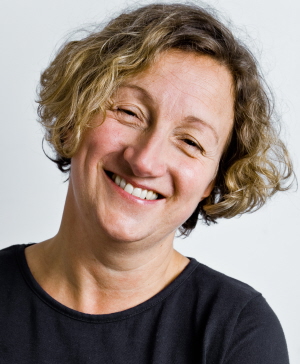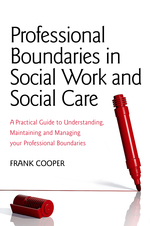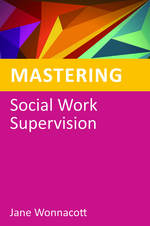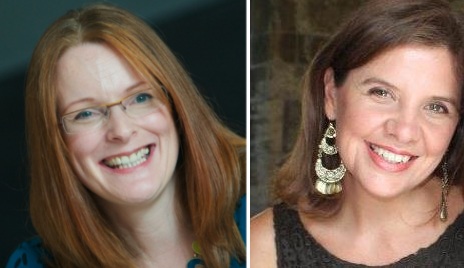“What we offer is a model to show how problems escalate and how these problems are connected to relational contexts. We are encouraging people, particularly professionals, to communicate with each other and to look at the bigger picture. This is not a problem that can be tackled alone – but it can be tackled. To do so, we have to talk to each other. As professionals, we also need to collaborate more on combating mental health problems. This is an educational process, heightening awareness of how depression manifests itself but also removing the stigma of mental health.”
